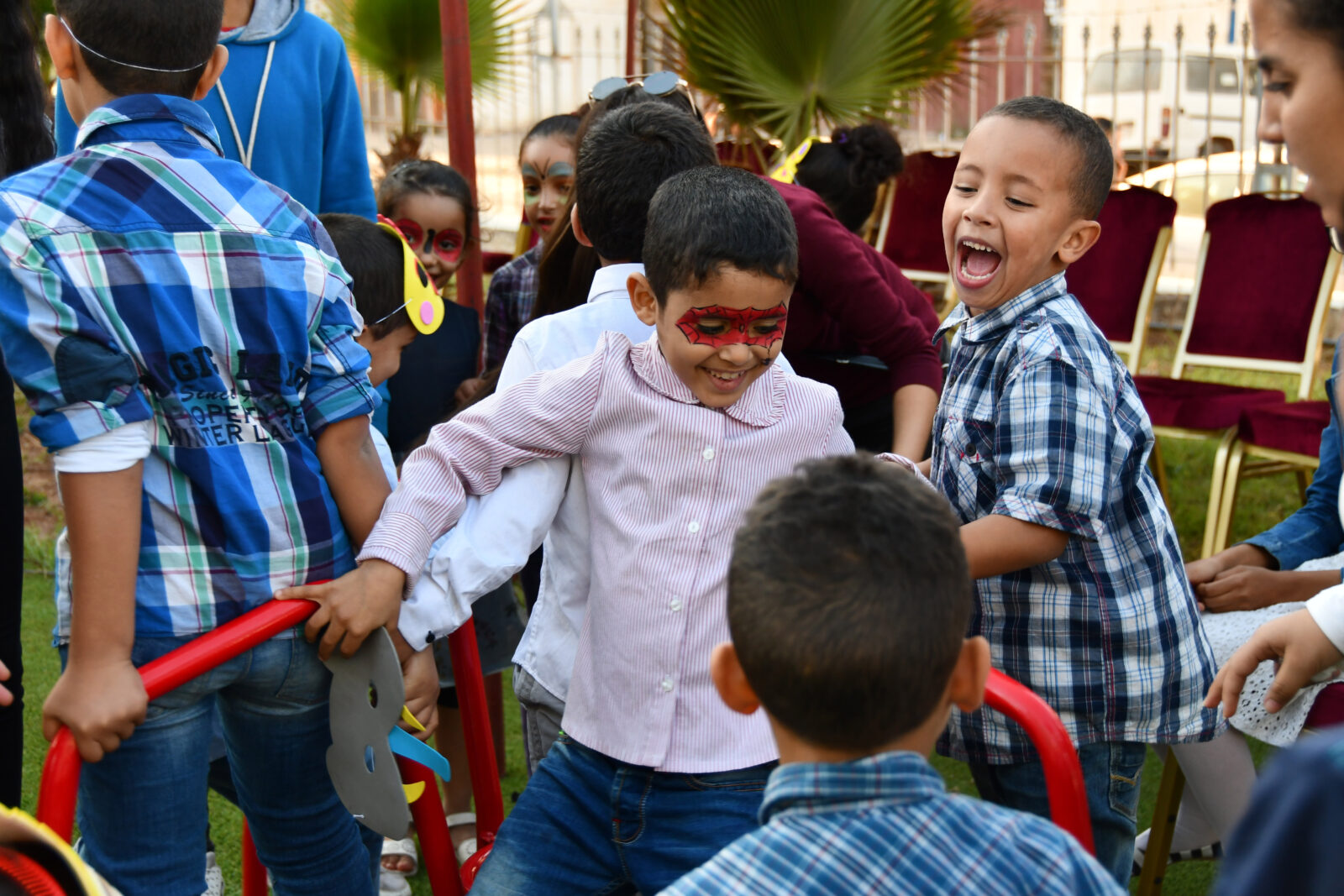
Studies have shown that children brought up in institutional homes, like orphanages, suffer a significantly higher rate of behavioral and emotional disorders. According to a study in the Indian Journal of Psychological Medicine, “Emotional and behavioral problems are more likely among orphans and other vulnerable children because they are exposed to abuse, exploitation, neglect, lack of love and care of parents. They are also more likely to be emotionally needy, insecure, and poor.” These problems make it difficult for children to develop healthy relationships with their peers with studies showing that among institutionalized children there is “the prevalence of 86.0% withdrawal, 73.7% aggressiveness, 66.7% hyperactivity, and 64.9% disobedience”
The inability to develop and maintain friendships in childhood has longterm consequences for a person’s life. It can cause low self-esteem and isolation leading to mental health issues which continue into adulthood. BLOOM Charity is committed to changing these outcomes for institutionalized children in Morocco and is focused on their early childhood development and mental health. One fundamental aspect of this is promoting the development of friendship through play. Friendship through play provides children with critical developmental opportunities, including: social skills, behavioral stability, identity formation, and long-term mental health. It is suggested that 50% of adolescents who exhibit behavioral problems had difficulty making friends in childhood. If children are not provided with opportunities to develop the skills necessary to interact with their peers at a young age, they will exhibit anti-social behavior as they get older. This deficit in their childhood social development carries into adulthood, and perpetuates a cycle of isolation and mental health issues. Sadly, the children that most desperately need the skills to build healthy social connections are often the ones with the least opportunity to gain those abilities. Through our work in orphanages in Morocco we are committed to changing this, one PlayGarden at a time. BLOOM Charity’s PlayGardens incorporate play equipment that encourages children to engage in healthy social interactions that promote building friendships with their peers. Friendships help children develop a stronger sense of identity which is vital for building confidence. For institutionalized children this is key to their ability to succeed in adulthood. A lack of healthy peer relationships in children and adolescents causes poor self-esteem. Low self-esteem has been linked to many emotional problems. In fact, low self-esteem is among the highest predictors of future mental health issues. Studies have shown that people with low self-esteem tend to be more depressed, anxious and lonely. People need to feel accepted and included in supportive relationships in order to have emotional well-being. Among children, a study showed that adolescents who had low self-esteem reported feeling isolated and rejected.
When children are denied the opportunity to build their self-esteem through friendships they will inevitably suffer from emotional problems. These emotional problems lead to behavioral problems. Children who suffer from isolation and depression grow into adolescents who exhibit negative behavioral issues that can carry life-long consequences. Drug and alcohol abuse is more common among those who suffer from isolation and depression. Substance abuse can offer a way to escape the negative feelings associated with not feeling accepted in a social group. Another harmful behavior that can occur among adolescents who feel isolated is sexual behavior. The need to feel a temporary, unhealthy physical closeness with another person, may lead adolescents to engage in risky sexual behavior. Furthermore, adolescents who feel isolated from society may exhibit more violent and aggressive behavior. It is well documented that children who are ostracized tend to be more hostile, aggressive, and disruptive than those who are accepted. And finally,rejection and isolation can lead to eating disorders in girls. In fact, among women who have eating disorders, the severity of the disorder coincides with their degree of low self-esteem.
Given the powerful evidence of the importance of providing children tools to build healthy peer friendships, BLOOM recognizes the power of play in building healthy minds and bodies. By creating opportunities for children to collaborate through play, BLOOM Charity provides children living in orphanages with an invaluable opportunity to build healthy relationships. They learn to take turns, share, help others, and respect each other’s opinions. By developing a social network in childhood, children build their sense of identity, affirm their self-value and find support among their peers. BLOOM Charity believes that play should be accessible, engage children of all ages and abilities and encourage them to interact with each other. BLOOM’s inclusive PlayGarden in Casablanca is designed to allow children of all abilities to play together and build healthy peer relationships. For children with disabilities it creates an environment in which they can participate fully in play.
The importance of childhood friendship for long-term mental health is critical. Childhood friendships develop children’s social skills and build a sense of trust in the world. BLOOM Charity creates opportunities for children in orphanages to develop the friendships that are necessary for their long-term mental health. By creating PlayGardens with play equipment designed to foster interactive play among children of different, genders, ages, and abilities, BLOOM fulfills a critical need. Children are given an opportunity to learn vital social skills, build their self-esteem and create a supportive social environment within the orphanage.

